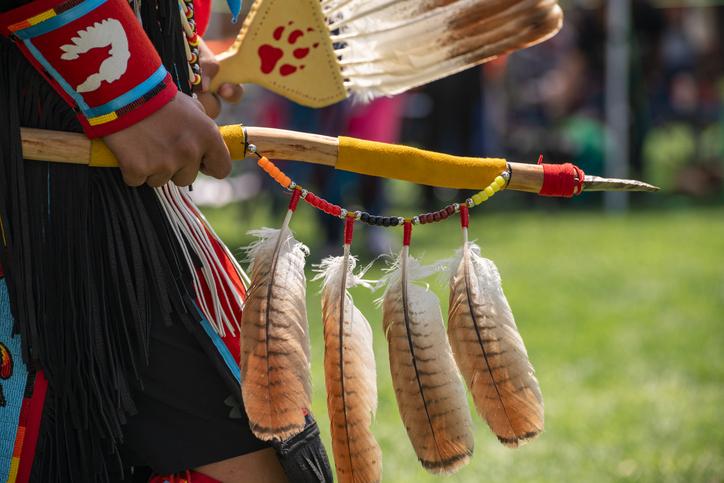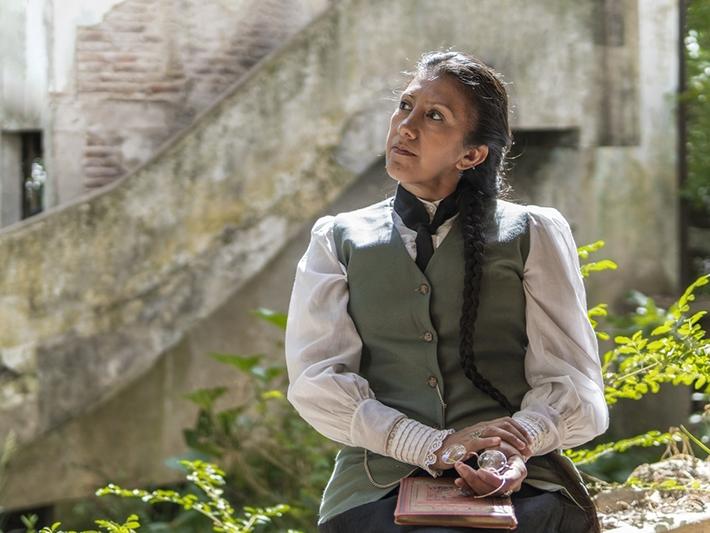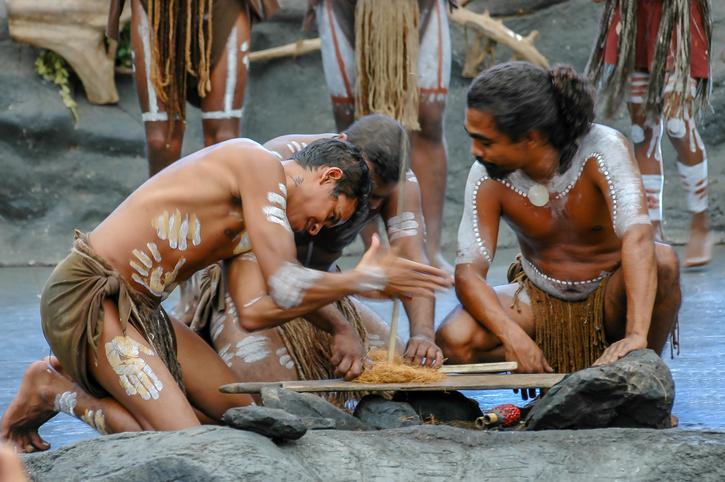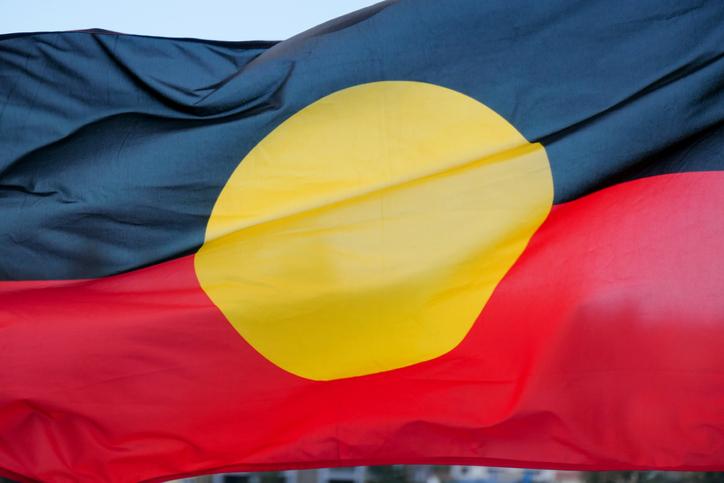Efforts to decolonise the curriculum have increased in recent years but a challenge remains beyond strategic plans and policy statements: how do we meaningfully engage knowledge systems that historically have been silenced or tokenised within higher education?
As a woman from the Indian diaspora, my role as an educator is shaped by my own relationship to knowledge, memory and migration. I come from a cultural tradition where oral storytelling, ritual, spirituality and embodied practice are central to how we learn and teach. But these ways of knowing remain at the fringes of academia.
- Start the journey of anti-colonial work with these first steps
- Five steps to decolonise your university curriculum and pave the way for a better future
- A framework for decolonising and diversifying science curricula
For me, teaching is both a professional and personal act, one of reclamation and celebrating diverse ways of knowing and being. It reclaims the voices, languages and knowledge systems that have too often been silenced. I ask students to unlearn as much as they learn, to reflect on their own positionalities, question the frameworks they have inherited and resist the comfort of simplification or familiarity. This is challenging work, but creates space for transformation, for students and within the institution.
Given the opportunity to coordinate Indigenous studies programmes, I restructured a course on Indigenous scholarship as a response to the challenge of decolonising the curriculum. Rather than treating Indigenous knowledge as supplementary, the course now places it at the heart of academic inquiry. Here’s how.
Reframing
As coordinator and lecturer, I designed this course to centre Indigenous ideas as robust, self-sustaining knowledge systems. Students engage not only with Aboriginal and Torres Strait Islander knowledge traditions but with a diverse range of Indigenous world views, including those of Native American communities, the Mapuche of Chile, Sarawakian (Borneo) peoples, First Nations in Canada and Māori from Aotearoa (New Zealand), to mention a few. These traditions are explored not as alternatives to Western thought, but provide us with another way to consider our place in society and our responsibilities within it, offering us new methods to navigate the world as it is today.
We need to create spaces that allow for us to see these knowledges emerging together, according to anthropologist Bernard Perley. Students are asked to consider: what counts as knowledge? Who decides? What are the ethical responsibilities of engaging with theories grounded in land, ceremony and community?
To help students engage with these questions I ask them to consider where their knowledge comes from: family, community, land or school. This opens space for them to question what counts as knowledge and who decides. I encourage discussion about why some knowledges are valued over others and the responsibilities that come with engaging knowledge rooted in land, ceremony or community. Simple activities such as storytelling, mapping learning sources or outdoor observation can help students see knowledge as shared, lived and deeply connected.
Plurality as a decolonial tool
The course focuses on the idea that multiple world views can coexist. Within the course, plurality is positioned as a decolonial strategy. It doesn’t try to incorporate Indigenous thought into Western academic frames. Instead, it discusses ideas, thoughts and theories, introducing multiple ways of knowing and being. This approach disrupts universalised knowledge and challenges students to sit with complexity. It opens space for deep and sometimes uncomfortable engagement with difference, encouraging deep listening and critical reflection over extractive learning.
To help students sit with this complexity, I design learning experiences that invite them to engage deeply with tension and ambiguity rather than rush toward resolution. Structured dialogues, reflective writing and collaborative inquiry tasks encourage students to stay present with uncertainty, listen across difference and recognise that discomfort can be a productive space for learning and growth.
Learning on-Country
On-Country experiences allow students to participate in Aboriginal-led cultural workshops and tours. Students learn directly from knowledge custodians through story, land, art, language and law. Far from being add-ons or field trips, these experiences are foundational to the course and are embedded into the framework. They introduce students to the concept of Country as teacher.
Students often reflect that these immersive moments are among the most powerful and humbling parts of their learning: “It was immensely eye-opening and thought-provoking. The beautiful ways of the interconnectedness of Country really have stuck with me, and the importance of knowing the history of this country is so much greater than I once thought.”
Experiences such as the Karra Wirra Parri walk (River Torrens), the Botanical Gardens walk by Aboriginal cultural leaders, ask students to move from passive recipients of information to active participants in a reciprocal process. They also reinforce the core idea that Indigenous scholarship is not a static “body” of knowledge – it is living, responsive and grounded in relationship.
“Having a deeper understanding of place and space from a cultural perspective, building my respect for Aboriginal ways of relating to the environment, which I now pass on to my family and friends to (a) inform them of Aboriginal culture and (b) debunk common stereotypes,” said one participant.
Beyond symbolism
Decolonising higher education is a great task ahead of us all, and we must avoid the trap of reducing this process to symbolic gestures, diversifying reading lists or acknowledging Country at the beginning of lectures. These acts have value but they are not enough.
The new, restructured Interplay of Indigenous Scholarship course offers a more substantial model of what decolonial education can look like in practice. The course does not simply add Indigenous voices to an existing curriculum. It restructures the conditions of learning, asking students to think with Indigenous philosophies, learn from Country and learn from global perspectives and knowledge systems from different worlds so that they have many ways of knowing, being and relating to their environments. This is slow and uncomfortable work but it is the kind of work to which universities must commit if they are serious about decolonisation.
Interplay of Indigenous Scholarship offers more than a course, it offers a model of action. It shows that decolonial education is not about replacing one canon with another but about creating spaces where many ways of knowing can coexist in dialogue. It is, ultimately, a course about possibility.
Kam Kaur is lecturer at the University of Adelaide.
If you would like advice and insight from academics and university staff delivered direct to your inbox each week, sign up for the Campus newsletter.




comment